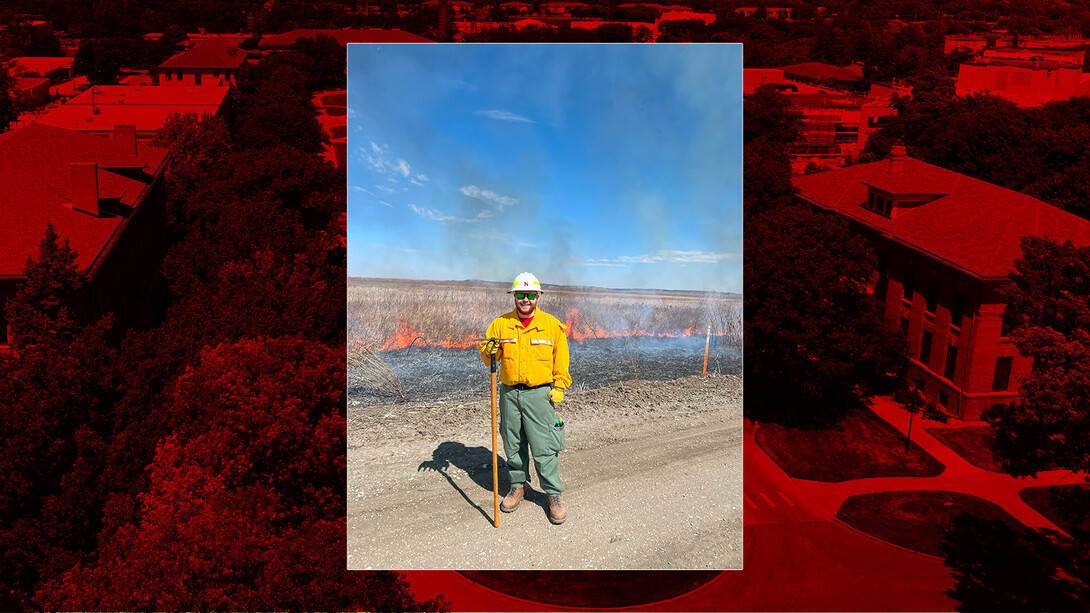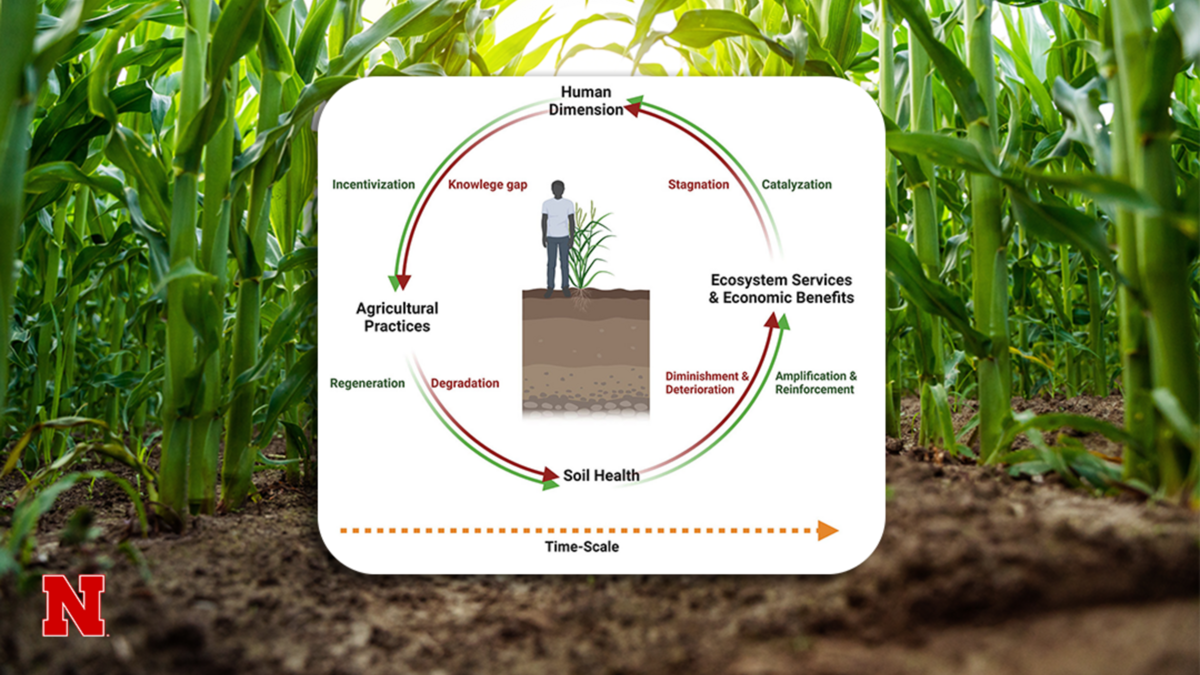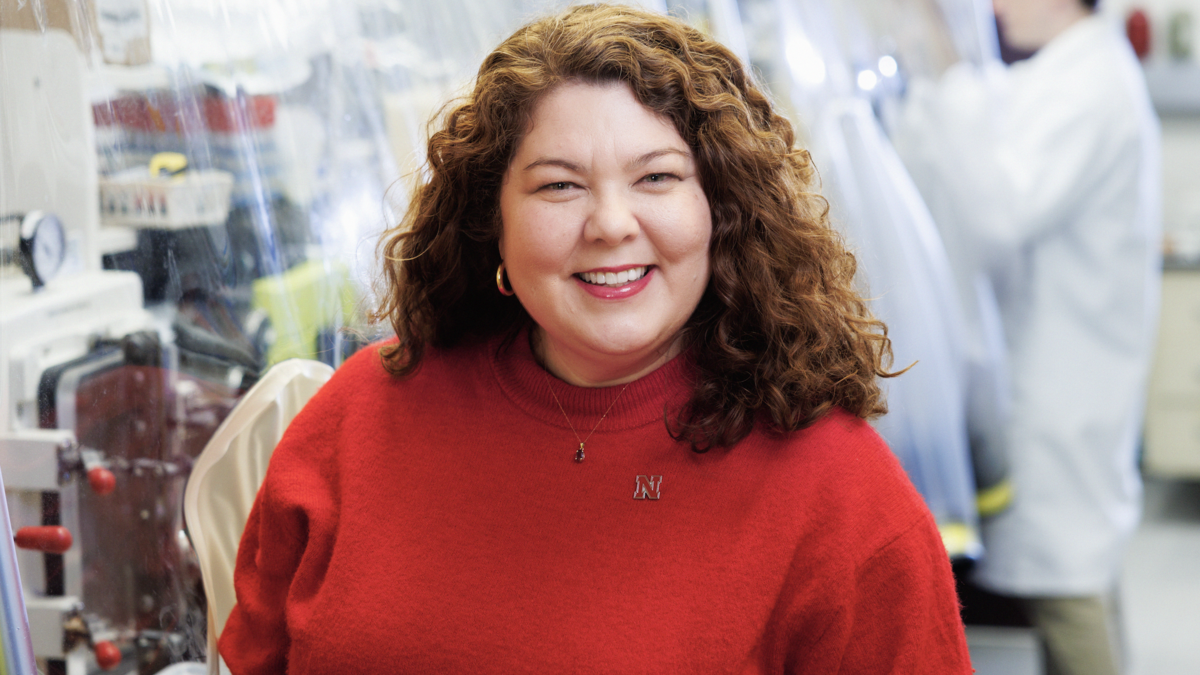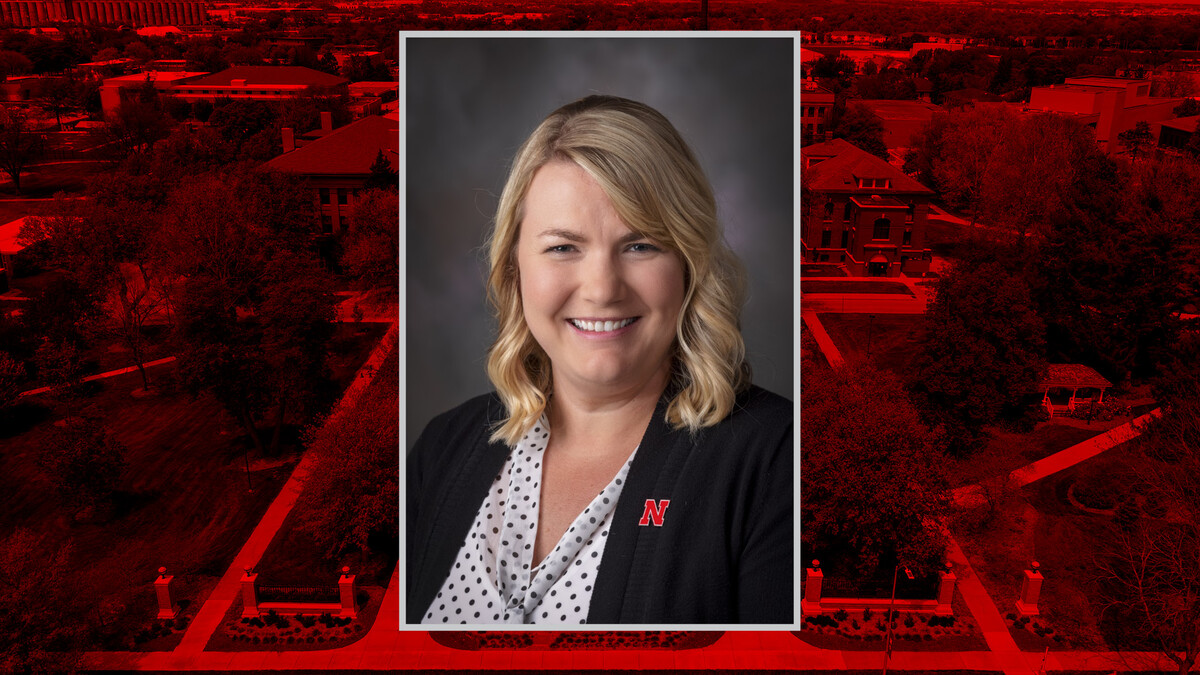
Lincoln, Neb. — University of Nebraska-Lincoln recent graduate Jacob VanDress is continuing his work in improving rangelands and forage production.
VanDress became interested in beef when taking a range course at Front Range Community College in Fort Collins, Colorado. He then became more interested in beef studies when adding a major in grassland systems at UNL. He liked how adding the field of study would expand his knowledge of rangelands and add interest to his degree program.
The Laporte, Colorado, native double majored in fisheries and wildlife and grassland systems with a minor in water science. VanDress is starting a master’s program at North Dakota State University in invasive species and their effect on forage production in the Sheyenne National Grasslands. After completing his master’s, VanDress hopes to either continue doing field research or earn a doctorate in rangeland ecology enabling him to teach at a small college.
Work and upcoming research
VanDress was student prairie manager at the UNL Nine-Mile Prairie north of Lincoln and the UNL Dalbey Prairie in Gage County. As a student prairie manager, VanDress put a lot of effort into property management through prescribed burns, mowing, herbicide, and more. These efforts helped control invasive species such as leaf spurge, sericea lespedeza, eastern redcedar, dogwood and smooth sumac.
“Most of the invasive species' management was to repair and rejuvenate the native grass and forb species,” VanDress said.
During this time, VanDress worked with another prairie student worker, Erik Henry, to create a new trail through the property, which will act as a fire line in the future.
Rangeland will continue to be the emphasis of VanDress’s focus during his master’s research.
“We’ve discussed doing either the effects of cattle grazing and fire or virtual fencing with goats,” VanDress said.
VanDress is looking forward to doing field studies and learning how drought, weather and native and invasive species impact forage quality over time
It is important to VanDress to maintain productive rangelands with high forage quality because, in the future, there could be less room to raise cattle yet a higher demand for beef due to the increasing population.







